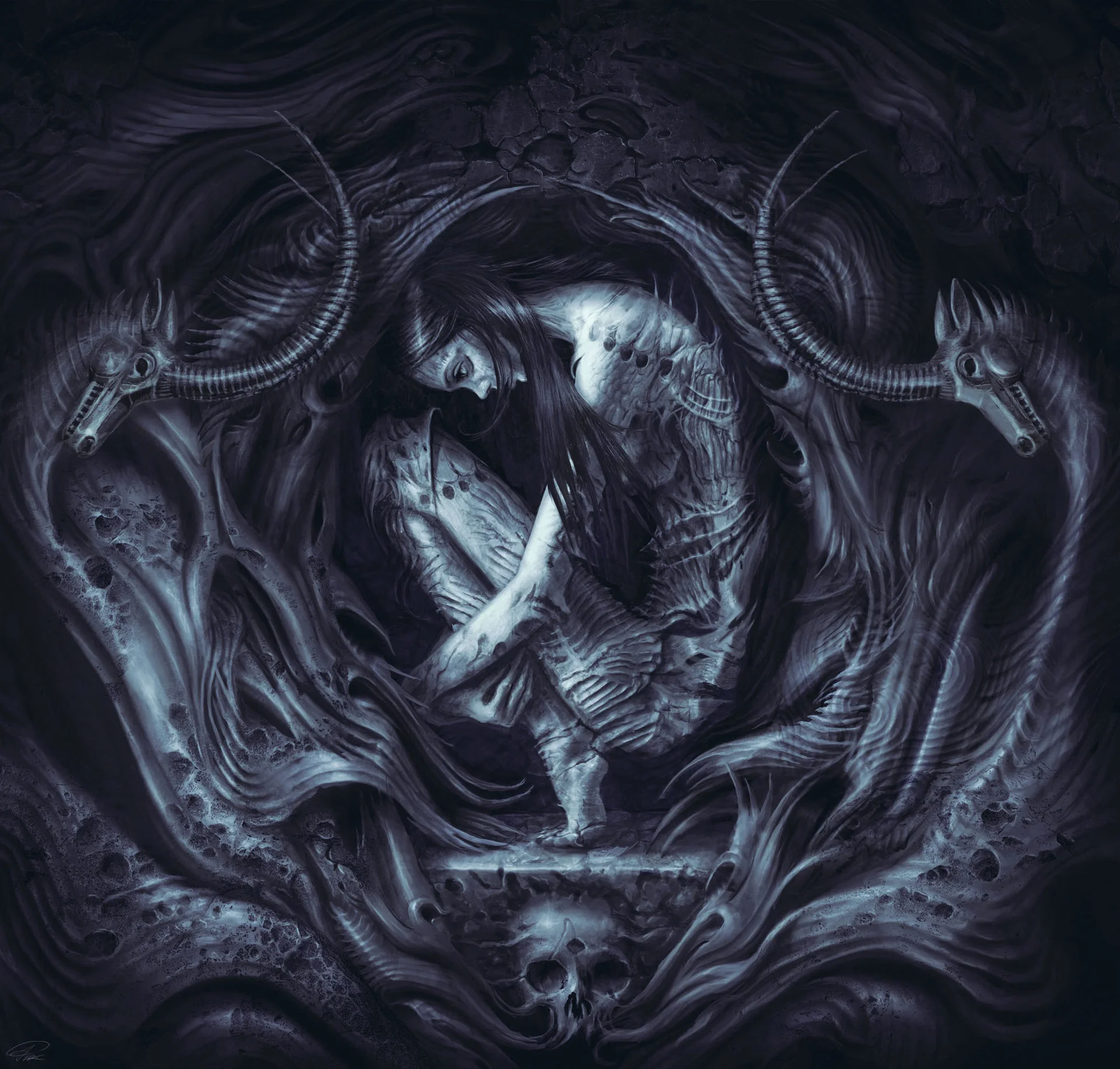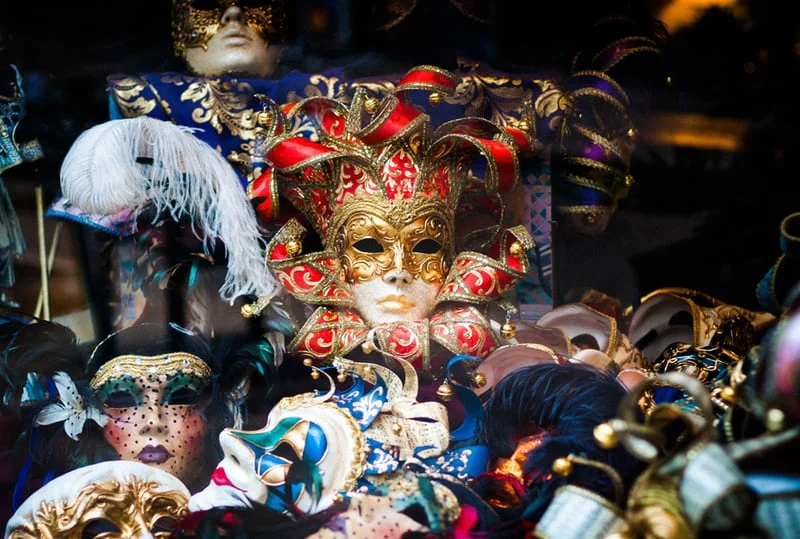For a long time, I’ve considered the word darkness synonymous with evil, harm and trauma. But in the past few months, I’ve encountered a symphony of voices inviting me to reframe my posture towards what I avoid being overtaken by at all costs.
On New Year’s Eve, 2016, in her watch night speech entitled “Breathe and Push”, Valarie Kaur asked:
What if this darkness is not the darkness of the tomb, but the darkness of the womb? What if our America is not dead but a country that is waiting to be born? What if the story of America is one long labor? What if all of our grandfathers and grandmothers are standing behind now, those who survived occupation and genocide, slavery and Jim Crow, detentions and political assault? What if they are whispering in our ears “You are brave”? What if this is our nation’s greatest transition?
Robert Macfarlane in his book Underland: A Deep Time Journey, writes:
Since before we were Homo Sapiens, humans have been seeking out spaces of darkness in which to find and make meaning. It’s something seemingly paradoxical: that darkness might be a medium of vision, and that descent may be a movement toward revelation. Often, your mind is screaming at you not to enter this space, because it perceives it as a place of confinement and deprivation, but it can also be a place of discovery.
And this week I began reading Jan Richardson’s Advent guide entitled Night Visions.
We require darkness for birth and growth: the seed in the ground, the seed in the womb, the seed in our souls. Darkness bears the capacity for good. Our work is to name the darkness for what it is and find what it asks of us. We must wait for the darkness to teach us what we need to know.
What were some of the darkest seasons in your life growing up? What trauma was happening during those times? How did it condition you to fear the uncertain, the unknown, the unseeable? What story do you need to tell in order for this season of Advent and its accompanying longest nights of the year to become a time of birth, revelation, and learning?





